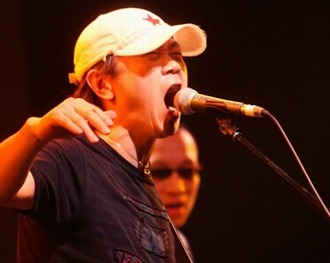
Cui Jian, a renowned Chinese rock singer, has been invited by China Central Television (CCTV) to perform on its annual Spring Festival gala for the first time in more than 20 years after Cui was banned from performing at large venues in the 1990s, Cui's manager You You said on Monday.











